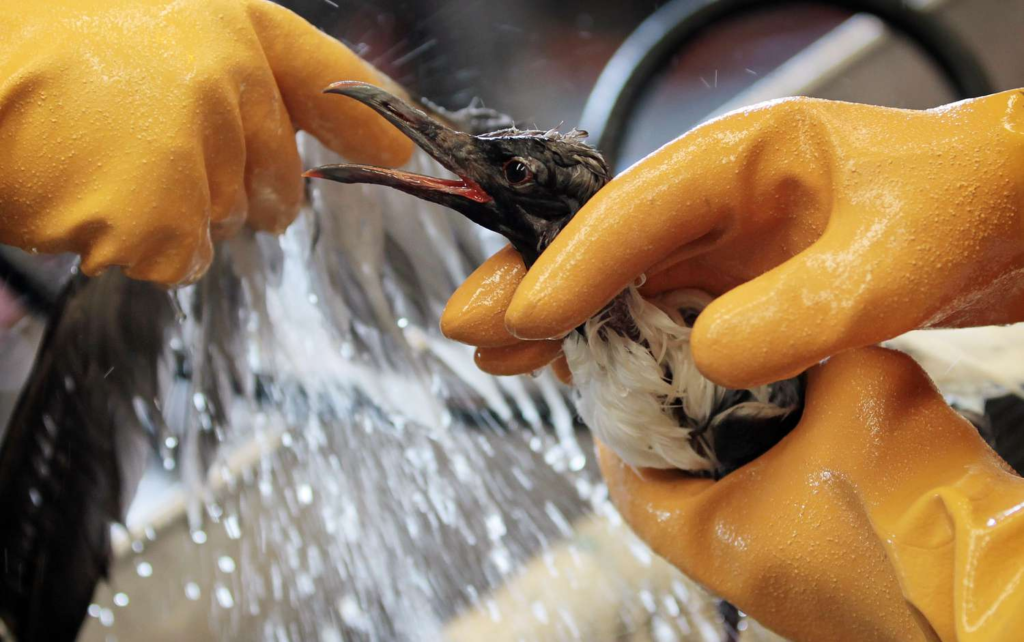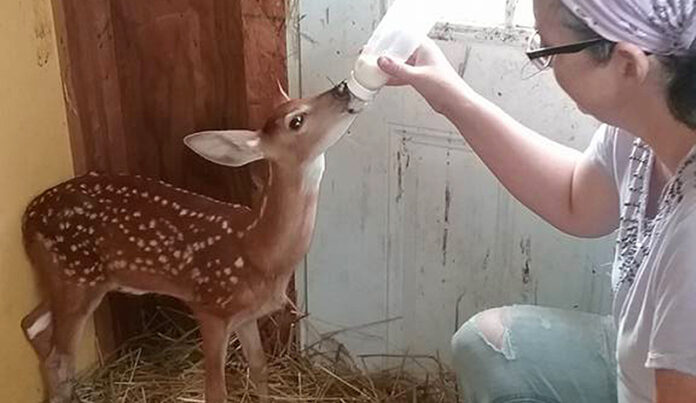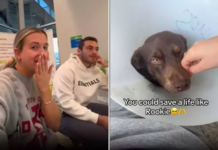Last Updated on September 16, 2023 by Fumipets
How to Locate a Wildlife Rehabilitator Near You
Encountering injured or orphaned wildlife can be a distressing experience. However, knowing how to find a wildlife rehabilitator in your area can make all the difference in ensuring the well-being and survival of these animals.
In this article, we will guide you through the process of locating a wildlife rehabilitator near you, providing a valuable resource for anyone who cares about the welfare of local wildlife.
Wildlife Rehabilitator
You may contact a wildlife rehabilitator if you come across a bird or other wild animal that has been abandoned or has been hurt. They will collaborate with veterinary specialists to identify and treat diseases and injuries in wild animals.
Wild animals are treated and cared for until they are completely healed. Wild animals should often be left alone. Instead of attempting to solve the issue alone, you may get in touch with a wildlife rehabilitator if you do decide the animal needs help.
Do You Really Need to Save the Animal?
Animal babies are often seen outdoors, particularly in the spring. They may seem to need our assistance, but unless they have really lost both parents or are seriously wounded, they do not.
Your cat or dog will require assistance if it brings you a young animal that is hurt.
You may contact a rehabilitator if you find an animal that is bleeding or has other evident wounds.
Additionally, if an animal is shivering, whimpering, or has been wandering about your yard or neighborhood all day, you should contact them for assistance.

How to Handle Injured Wildlife
Young animals in the wild often get orphaned due to the actions of well-intentioned people. Before you attempt to save or rescue juvenile animals, keep an eye on them since there’s a very strong possibility that the parents are just out hunting for food.
Although you shouldn’t leave the animal if it is in danger, if you have decided that the wildlife requires assistance, you should leave it where it is and call a rehabilitator. Young animals might be hurt or damaged when moved, so if you talk with a rehabilitator, they can advise you on the best approach to relocate them as well as what food and liquids they should be given, what environments they should be maintained in, and other things.
Wildlife Rehabilitation Centers Near Me
By utilizing a wildlife rehabilitation information directory, you may locate specialists to assist if you have seen the rabbit or other juvenile animals and have established that it requires assistance. These include a list of rehabilitation specialists, often organized by state and area, along with a phone number you may use to contact them and figure out what to do next.
The rehabilitator will enquire about the animal you saw in an effort to ascertain if it needs assistance. They will inquire as to your involvement and your course of action. Picking up a rabbit kit that seems to be hurt might trigger its mother to leave it behind since some parents will leave their young if they smell people on them.
The Wildlife Rehabilitation Information Directory
The National Wildlife Rehabilitators Association, often known as NWRA, is in charge of running and maintaining the most complete directory. Their website provides contact information for local treatment facilities, and they also have a central office you may call to receive the correct name and number.

Find a Bird Rehabilitation Center Near Me
The same guidelines apply when thinking about saving a young bird. Observe the children to see whether their mother is out fetching meals. Dogs and cats should be kept away from the bird; only move it if required.
If a bird must be moved, attempt to return it to its own nest. The idea that parents would leave their infants if they have been touched by others is, for the most part, untrue. They lack the acute sense of smell needed to determine if you have taken their child.
Many birds learn to fly from the ground up, so you could observe them hopping about on the ground as their parents feed them at least once an hour, and often more than once.
Find a local wildlife rescue organization using the information directory for wildlife rehabilitation; they may provide advice on the best course of action.
Questions and Answers About Locating Wildlife Rehabilitators:
What is a wildlife rehabilitator, and what do they do?
A wildlife rehabilitator is a trained professional or volunteer who specializes in the care and rehabilitation of injured, sick, or orphaned wildlife. They provide medical treatment, nourishment, and shelter to these animals with the ultimate goal of releasing them back into their natural habitat.
How can I find a wildlife rehabilitator in my area?
To find a wildlife rehabilitator near you, you can start by contacting your local animal control agency, wildlife conservation organizations, or state wildlife agencies. They often maintain lists of licensed rehabilitators in your region.
What information should I provide when seeking assistance from a wildlife rehabilitator?
When contacting a wildlife rehabilitator, it’s crucial to provide detailed information about the animal’s condition, location, and any observations you’ve made. This information helps the rehabilitator assess the situation and respond appropriately.
Can I transport an injured animal to a wildlife rehabilitator myself?
If you’re comfortable and it’s safe to do so, you can transport an injured or orphaned animal to a wildlife rehabilitator. However, it’s essential to follow their instructions carefully and ensure that you do not put yourself or the animal in harm’s way during transport.
Are there online resources for locating wildlife rehabilitators?
Yes, several websites and databases list wildlife rehabilitators by location. Some well-known resources include the National Wildlife Rehabilitators Association (NWRA) website and the Animal Help Now app, which can help you quickly find nearby wildlife rehabilitators in emergencies.


















